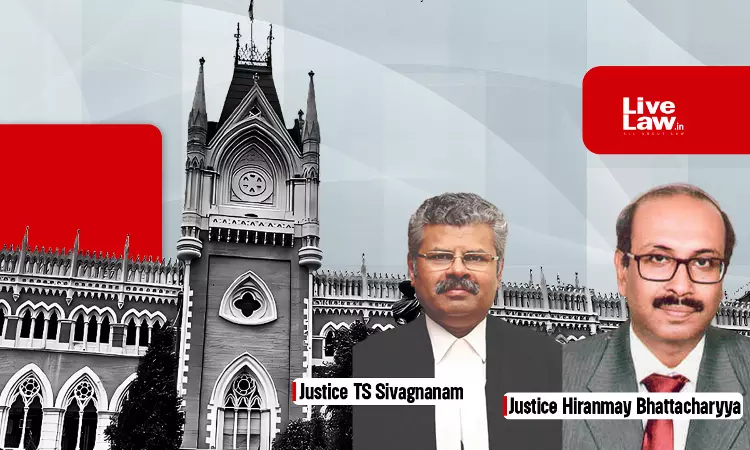The Calcutta High Court has recently dismissed a PIL challenging agreements through which land allotted to scheduled tribe communities had been allegedly “grabbed” for illegally constructing a housing complex in Bidhannagar.A division bench of Chief Justice T.S. Sivgananam and Justice Hiranmay Bhattacharya refused to allow the return of land and a CBI inquiry into their transfer, finding...

